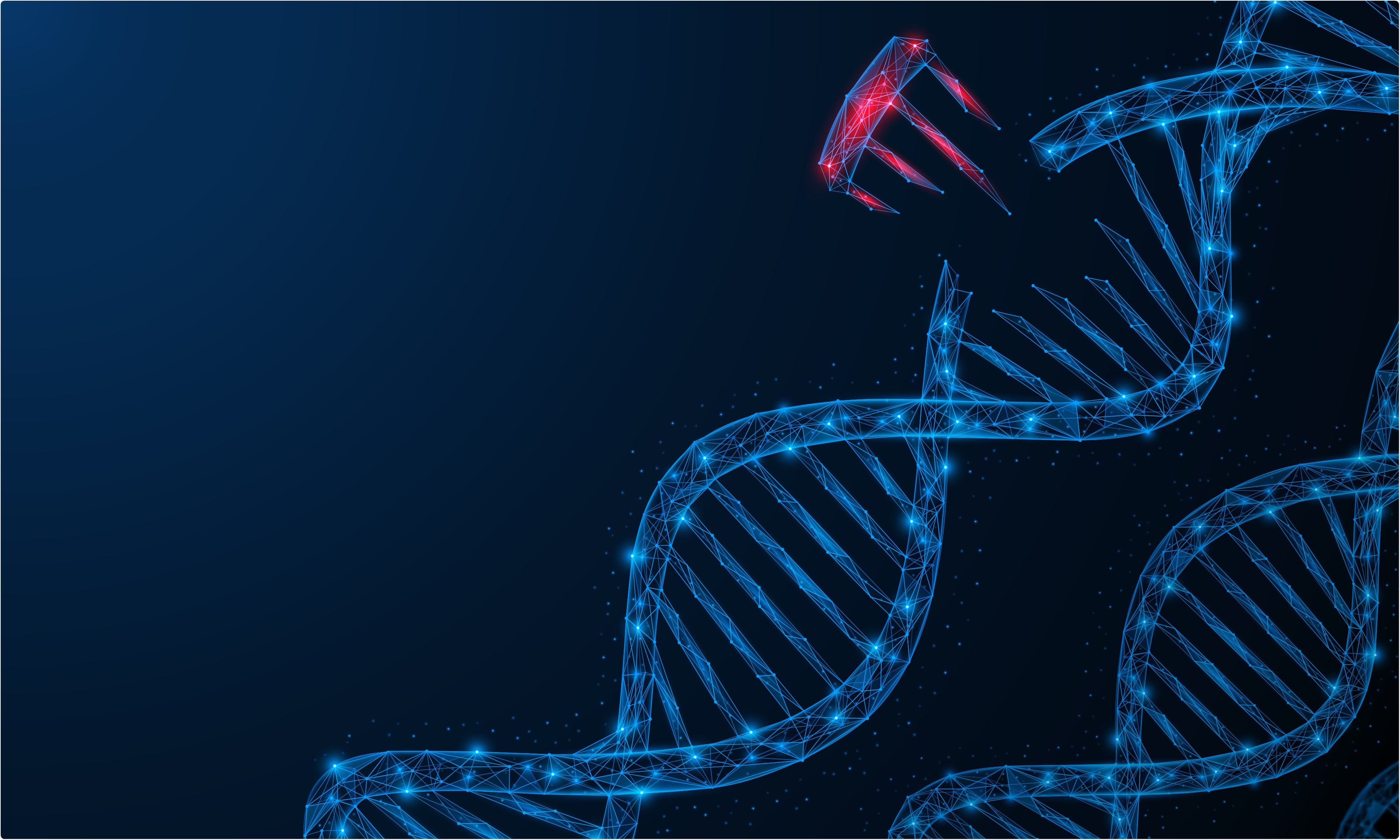A new genetic mutation has been discovered in schizophrenia, and we spoke to Dr. Todd Lencz from the Feinstein Institutes for Medical Research to find out more.
What provoked your research into schizophrenia?
For nearly three decades, I have focused my research on schizophrenia and other serious mental illnesses. These conditions are often devastating for the individuals and families affected and are much more common than most people realize -- schizophrenia is the leading cause of disability amongst emerging adults (age 15-24).
I am particularly interested in identifying biomarkers through genetics, neuroimaging, and other technologies that might help improve treatments for schizophrenia - our current treatments are helpful for some patients, but inadequate for many.

Schizophrenia Concept. Image Credit: Lightspring/Shutterstock.com
What is schizophrenia and why is it still so commonly misunderstood?
Schizophrenia is a chronic brain disorder that impacts nearly 1 percent of the world population and is characterized as a person having delusions, hallucinations, and disorganized thoughts and behavior and it is one of the leading causes of disability in the US.
I think people with schizophrenia are misunderstood – whether through a lack of education around the condition or what the general population sees in the media – but a person with schizophrenia can live a quality, productive life with the proper care. Like many mental health conditions, there is no one cause, but genetics holds a strong link.
Why has prior research struggled to isolate individual genes involved in the disorder?
It is estimated that humans have more than 20,000 genes – that is a lot to study! There has been prior research suggesting that genetic mutations or variants in someone’s genome may lead to health conditions like schizophrenia.
To help focus our hunt for those variants, we examined the Ashkenazi Jewish population (AJ), which has a unique history: all 10 million AJ individuals alive today descend from just a few hundred "founders" who lived less than 1000 years ago. This fact greatly improves our odds of finding the needle in the haystack - finding a gene that is similar amongst cases as opposed to controls.
Can you describe how you carried out your latest research into genetic mutations and schizophrenia?
We performed whole-genome sequencing - reading out all 6 billion letters in the genome for 786 AJ patients with schizophrenia and 463 AJ controls. We looked for very rare variants (mutations) amongst these letters that were found in cases but not controls.
We excluded any variants that had ever been observed in healthy people in several large public databases, in order to focus on variants that were likely to be associated with the disease. It is important to realize that random mutations are very common in everyone's genome, so it is very challenging to know which variants are detrimental and which are "silent."

Genetic Mutation. Image Credit: Ilya Lukichev/Shutterstock.com
What did you discover?
In collaboration with Columbia University, we discovered that a single letter change in a person’s DNA code in the gene PCDHA3 is associated with schizophrenia. PCDHA3 makes a type of protein called protocadherin, which signals neurons in the brain to communicate with other neurons.
With the genetic variant, PCDHA3 is unable to perform its normal job within a neuron, essentially blocking that communication that can manifest into schizophrenia.
Why was the use of the Ashkenazi Jewish population so critical to your research?
The Ashkenazi Jewish population has been through rapid growth, such that 10 million Ashkenazi Jews are alive today all having descended from a few hundred people who lived around 750 years ago who migrated to Eastern Europe.
Historically, the population was generally endogamous, meaning marriages were made within the community. Therefore, the "genetic background" is much more homogeneous amongst Ashkenazi Jews, making it easier to find the "needle in the haystack" of a disease-associated mutation.
How could your research lead to the development of new treatment strategies for schizophrenia?
By finding this gene mutation's impacts on how protocadherin is produced, researchers can develop novel therapeutics to target and spark protocadherin production and improve brain development and function.
Do you believe that with continued work into this genetic mutation, new and effective treatment options for schizophrenia can be developed?
There have been other forms of evidence, including a post-mortem of brain tissue of deceased patients with schizophrenia, which have shown clues that protocadherins may be involved in schizophrenia. This is the first time research has found a genetic association with it.
We will zero in and develop potential treatment strategies, such as protein kinase C, through continued genetic research. However, much more research needs to be done.
What are the next steps in your research?
My team and I continue to look at how genetics can be used as predictive biomarkers to identify patients with schizophrenia, including a person’s resistance to certain drugs. The goal is to identify biomarkers to understand how genetic variation affects prognosis/treatment outcomes.
We are currently looking for funding to expand our study with the recruitment of patients in Israel and study other psychiatric disorders.
Where can readers find more information?
About Dr. Todd Lencz
Todd Lencz, Ph.D., is a professor at the Feinstein Institutes for Medical Research. His primary focus is the use of biomarkers, especially cutting-edge genetic, neuroimaging, and neurocognitive assessment technologies, to refine our understanding of the causes and treatment of schizophrenia.
He leads the Laboratory of Neurogenomic Biomarkers within the Institute of Behavioral Health at The Feinstein Institutes and is founder and co-leader of The Ashkenazi Genome Consortium, an international collaboration of leading researchers studying the genetics of complex disease.